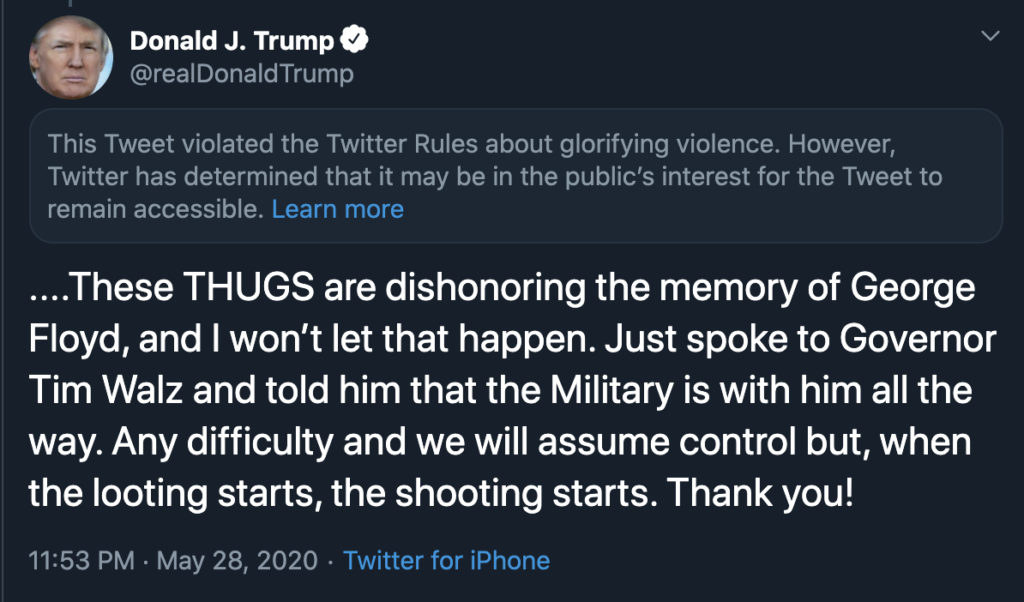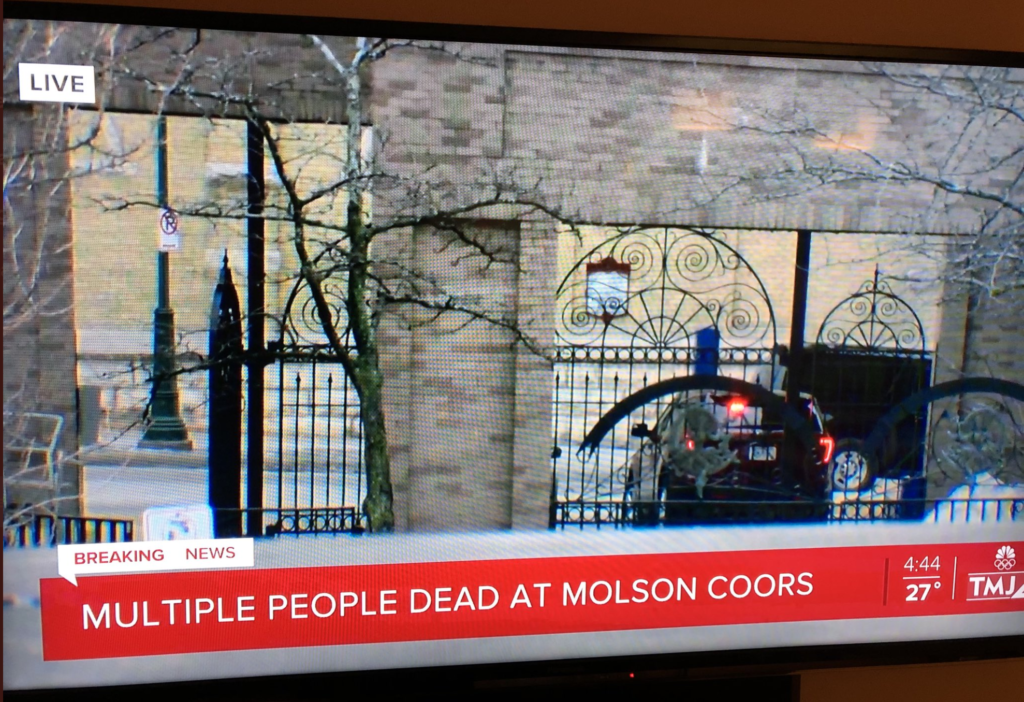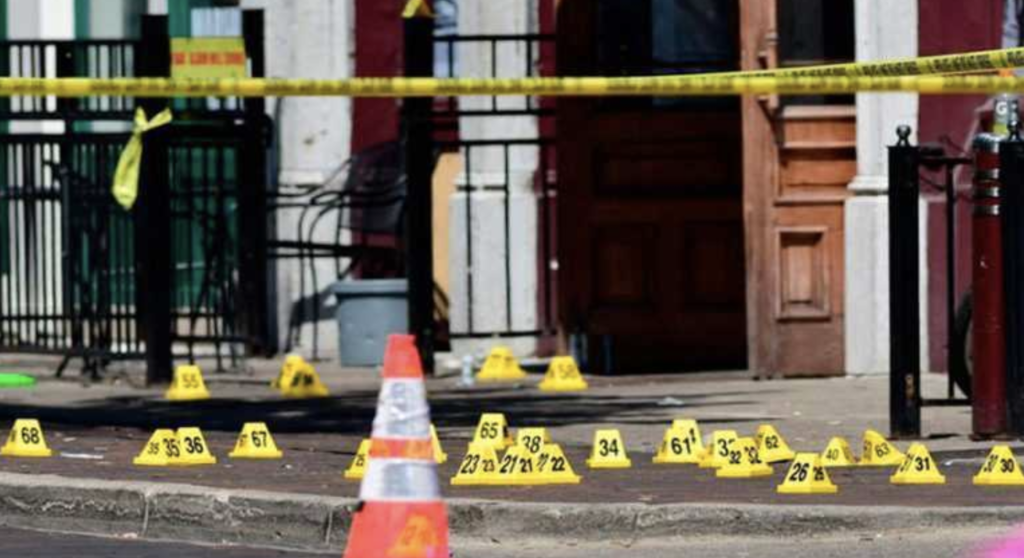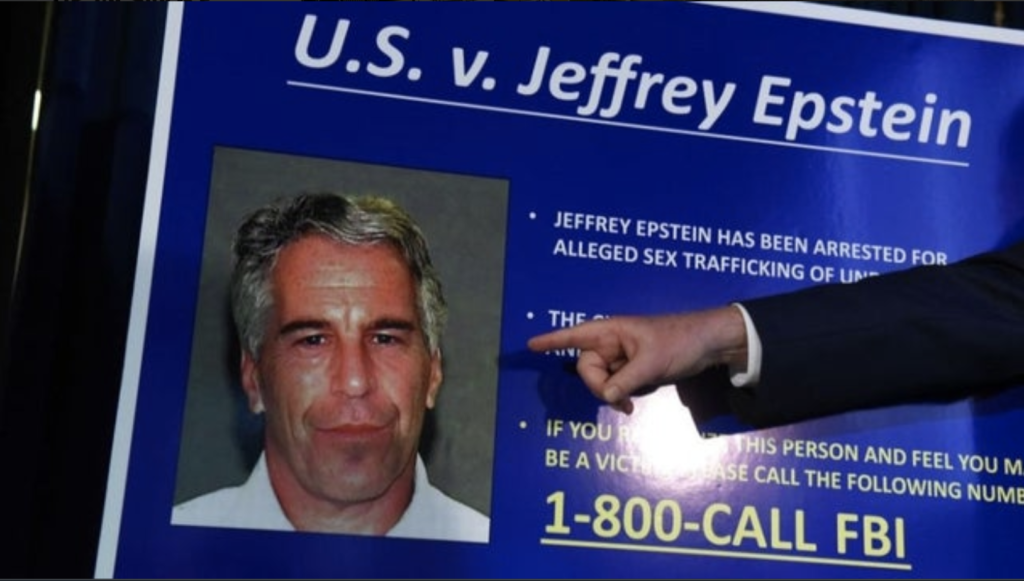New York Post Under Fire For Photo
05 Dec, 2012
NEW YORK — TheNew York Post, a gritty tabloid known for highlighting the wrongs of others, received harsh criticism Tuesday after running a front-page photo of a man about to be struck by a subway train.
The newspaper took heat from journalism critics, users of social media and New York City subway riders for publishing a picture of Queens resident Ki-Suck Han seconds before he was fatally struck.
“Pushed on the subway track, this man is about to die,” said the Post‘s Tuesday headline. A photo showed Han standing on the track with “DOOMED” written underneath.
The newspaper cover, as well as an inside story and photos that described how Han was thrown to the tracks by an attacker on Monday, were condemned as insensitive and sensationalist.
“To say the cover of @nypost is despicable would be an egregious understatement. Love of capital over care for humans, wholly disgusting,” said a Twitter user who goes by the handle MDSN.
“That’s some really, really bad journalism @nypost. When you pair that photo with text on the cover it’s incredibly insensitive. Shameful,” said Tim Bowman (@tibowman).
“Disgusting! Whatever happened to integrity? Or just basic morals?” said Natasha Henry (@NatashaSHenry).
R. Umar Abbasi, a New York Post freelance photographer who took the pictures, said he used the camera’s flash to warn the driver to stop.
“I just started running, running, hoping that the driver could see my flash,” he told thePost.
He was denounced for not trying to hoist Han, 58, from danger.
“He had a moral obligation to try to get to the guy and pull him out of the subway well,” said Kelly McBride, senior faculty member for ethics at the Poynter Institute, a journalism education group.
“Maybe it wasn’t possible. Maybe it wasn’t doable,” she said. “There are many things that aren’t doable, but you have to try.”
Student Charlene Johashen, 26, of Brooklyn said she would rush to help if she saw a man on the tracks.
“I wonder about myself and whether anyone would help if I was pushed,” she said.
Nina Berman, an associate professor of photojournalism at Columbia University’s Columbia Journalism School in New York City, said Abbasi shouldn’t be so harshly criticized.
He said he tried to alert the train driver, so he didn’t just ignore the victim, she said.
In such a situation, “it’s convenient to blame the photographer” for not taking enough action to help, she said. “But what about all the other people there who you don’t see in the frame?”
“I bet the photographer is traumatized,” she adds. “He’s a witness to a death, and he is vilified. And probably everyone on that platform is traumatized.”
There is a lot more to consider than jumping into a situation blindly and attempting, perhaps with disastrous results, to save a life, said photographer and musician Dorian Hurodry, 32, of Queens. “Some people confuse reality with fiction,” he said.
Abbasi didn’t return e-mails requesting an interview. A public relations representative of the Post did not supply a response to a request for comment.
Han was pushed onto the tracks by a “deranged” man who subsequently fled the scene, the Post reported.
Police had a man in custody Tuesday afternoon. They released a video that showed the suspect arguing with Han.
Abbasi told the Post that Han tried to scramble to the platform as onlookers screamed for the train driver to stop. The train slowed, but Han could not escape.
ETHICS OF USING PHOTO DEBATED
On Tuesday, headlines such as “New York Post Cover Sparks Outrage” spread across the Internet. Journalists, social media experts and media watchers debated the ethics of using the photo.
For Poynter’s McBride, there was no clear “journalistic purpose” to running such as image.
It’s “not bearing witness to something people need to know about,” she says.
“This isn’t children fleeing a napalm bomb,” referring to a Pulitzer Prize-winning photo from the Vietnam War, she said. “There has to be a journalism purpose behind a decision to run a horrific photo.”
She said that even taking into consideration “the best possible version of this story — that the photographer was trying to help and the pictures were a byproduct” — still, “running the photos is horrible.”
The newspaper cover “was distasteful,” said Gene Russianoff, staff attorney and spokesman for the Straphangers Campaign, a New York City transit riders’ advocacy group, “but we live in a country with free speech.”
POST IS KNOWN FOR PROVOCATIVE HEADLINES
The Post, the nation’s seventh largest newspaper by circulation, is known for attention-grabbing headlines and photos.
When a nor’easter followed the devastating superstorm Sandy, it ran a headline that said in part “GOD HATES US.”
In 2007, the Post‘s provocative headlines were compiled in a book titled Headless Body in Topless Bar after one of its infamous headlines.
Despite the controversy it often courts — and Tuesday’s coverage that was “definitely pushing the envelope” — the Post does do some good work, said McBride.
“They have a reputation for being shocking and scintillating, and within that culture or ethos, they actually do some clever, good things,” she said. “Sometimes their headlines are absolutely the right thing.”
They do some good journalism,” she said. “It’s not like they’re the National Enquirer.”
Usa Today
Mentioned In This Post:




















